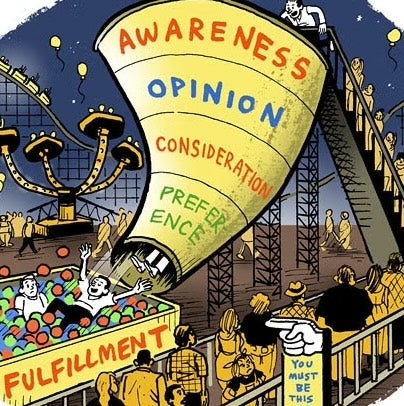Three of the most well-known names in old media have teamed up to launch a company that aims to help newspapers and magazines charge subscription fees for online content, it was announced late yesterday.
With print newspapers and magazines dying off and online revenue not growing fast enough to make up for offline losses, both trade and consumer publishers are scrambling for ways to squeeze more revenue from the Internet.
Dubbed Journalism Online LLC, the new venture is being led by Steven Brill, the founder of American Lawyer magazine and Court TV; Gordon Crovitz, a former publisher of The Wall Street Journal; and cable-television veteran Leo Hindery.
The firm aims to have technology ready by fall to enable publishers to begin charging subscription fees.
The company plans to share revenue with publishers.
Journalism LLC also reportedly plans to offer legal advice to publishers on how to get royalties and licensing fees from sites that currently link to their content, such as Google.
The company’s board of advisers reportedly includes antitrust lawyer David Boies and Ted Olson, former U.S. solicitor general.
The firm reportedly plans to offer an all-you-can-read option for likely between $15 and $20 a month that will give subscribers access to content from all participating publishers. It also reportedly plans to offer one-day passes.
Of course, Journalism LLC will have to get a critical mass of publishers to participate if it is to succeed.
And whether readers will pay for content that isn’t pornographic is also questionable since they’re so used to getting their online content mostly free.
Currently very few publishers charge for online content, The Wall Street Journal being the most prominent exception. The Economist, The Financial Times and Consumer Reports are three more prominent exceptions.
But the Internet has had high-profile paid-content failures, as well. Online political magazine Slate stopped charging for content in 1999. The New York Times stopped charging for parts of its site in 2007.
 Network
Network

